BIAZA and Nature's SAFE join forces to fight extinction
how to help
For many species, it’s now or never.
Donate Nowor why not Fundraise For Us?
Living Biobank Charity, Nature’s SAFE, will be saving rare UK wildlife thanks to Postcode Local Trust.
Shropshire-based conservation charity, Nature’s SAFE, is working to safeguard the future of the globe’s endangered animal species. Now, thanks to funds raised by players of People’s Postcode Lottery, the charity is turning their attention to wildlife closer to home.
The Postcode Local Trust is a grant-giving charity enabled by players of People’s Postcode Lottery. In May 2023, they awarded Nature’s SAFE with £16,000 to be used to help save British wildlife.
Nature’s SAFE is on a mission to Save Animals From Extinction by collecting, indefinitely storing and regenerating reproductive cells and cell lines from endangered animal species. Acting as an insurance policy to stop extinction in its tracks.
According to the State of Nature report 2019, 41% of UK species have declined since the 1970s, and more than a quarter of UK mammal species are at real risk of extinction. Even our nation’s favourite garden visitor, the hedgehog, has declined by 95% since the 1950s and our Wildcats are classed as critically endangered with only a handful left. However, there is hope! Nature’s SAFE is providing a way to secure these species for future generations through cryoconservation, freezing extinction.
Nature’s SAFE uses cutting edge science and technology to freeze and store living cells at minus 196oC from animals at risk of extinction. These cells can be stored for decades and used to help restore healthy populations through conservation breeding programmes using techniques on par with human IVF. Operating for just over 2 years, the charity is supported by internationally renowned scientists, global conservation organisations and nearly 20 zoos and research facilities in the UK and across the globe.
Laura Chow, Head of Charities at People’s Postcode Lottery, said: “People’s Postcode Lottery players are one of the biggest funders of environmental and conservation charities. This funding means Nature’s SAFE can expand its biobanking programme for the first time to include native UK species. This exciting work will help protect and secure some of the most recognisable wildlife in the country.”
This award from Postcode Local Trust will allow Nature’s SAFE to create a unique British Wildlife Biobank, as Tullis Matson, Founder and Chair of Nature’s SAFE explains:
“As highlighted by Sir David Attenborough in the recent series “Wild Isles”, there is an urgency to save our native wildlife as well as endangered species from all around the world. We have some of the most amazing species, some subspecies of which can only be found here. It is as important for us to save species like the hedgehog and red squirrel as it is for us to save rhinos and tigers. The UK is one of the most nature depleted countries in the world – Nature’s SAFE can reverse this.”

Media enquiries to media@natures-safe.com
Nature’s SAFE
Nature’s SAFE is a Living Biobank on a mission to save animals from extinction by collecting, indefinitely storing, and regenerating reproductive cells and cell lines from endangered animal species. Our science-led charity is setting the bar in cryoconservation technologies, uniting biotech with conservation management stakeholders to halt and reverse biodiversity loss. Our work is entirely funded by donations. Please visit www.natures-safe.com to find out more or get in touch via office@natures-safe.com.
Tag @natures_safe on Twitter https://twitter.com/natures_safe
Tag @Nature’s SAFE on Facebook https://www.facebook.com/naturessafe
Tag @natures_safe on Instagram https://www.instagram.com/natures_safe/
Tag @Nature’s SAFE on LinkedIn https://www.linkedin.com/company/nature-s-safe-saving-animals-from-extinction/
Don’t miss
BIAZA and Nature's SAFE join forces to fight extinction
Nature’s SAFE are excited to announce that our co-founder and charity coordinator Dr Rhiannon Bolton has successfully published a new paper reviewing assisted reproductive technologies and biobanking.
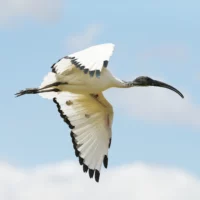
Sacred ibis
Total Population: 200,000 to 450,000 in the wild
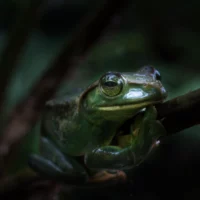
Fea’s tree frog
Total Population: Unknown
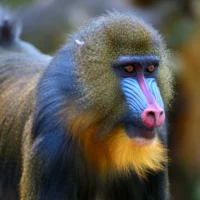
Mandrill
Total Population: Unknown
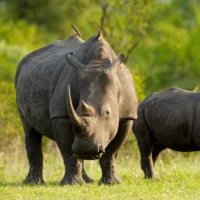
Southern white rhino
Total Population: Around 15,000 in the wild
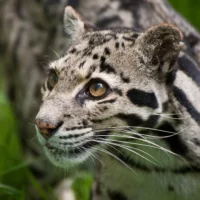
Clouded Leopard
Total Population: Less than 10,000 in the wild
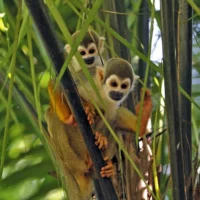
Guianan Squirrel Monkey
Total Population: Around 150,000 in the wild
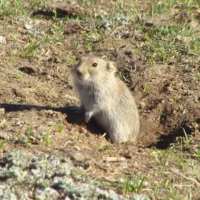
Brandt’s vole
Total Population: Unknown
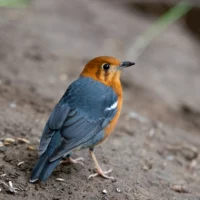
Orange-headed thrush
Total Population: Unknown
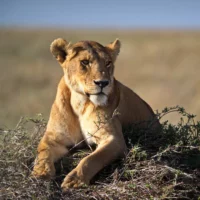
African Lion
Total Population: 20,000 - 25,000 in the wild
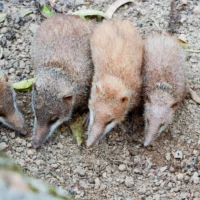
Lesser Madagascan tenrec
Total Population: Unknown
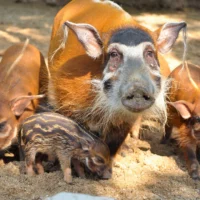
Red river hog
Total Population: Unknown
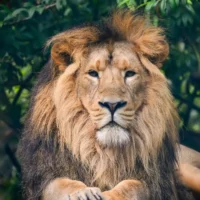
Asiatic Lion
Total Population: Around 650 in the wild
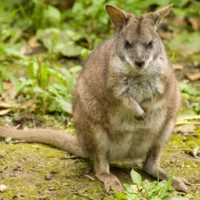
Parma Wallaby
Total Population: 1,000 - 10,000 in the wild
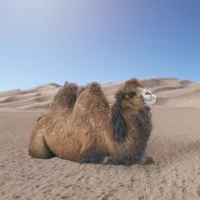
Bactrian camel
Total Population: Less than 1,000 in the wild
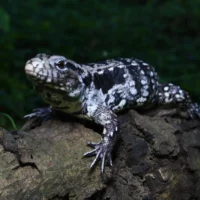
Argentine black and white tegu
Total Population: Unknown
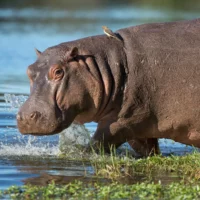
Common Hippo
Total Population: Less than 150,000 in the wild
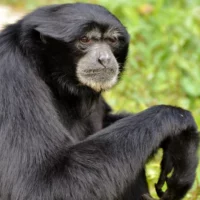
Siamang Gibbon
Total Population: Around 22,000 in the wild
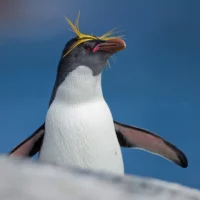
Macaroni Penguin
Total Population: Around 12 million
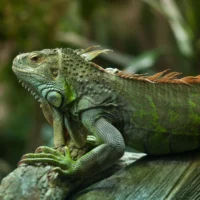
Green Iguana
Total Population: Around 1.3 million in the wild
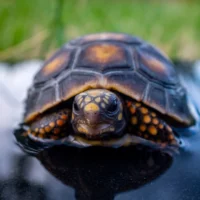
Red-footed tortoise
Total Population: Unknown